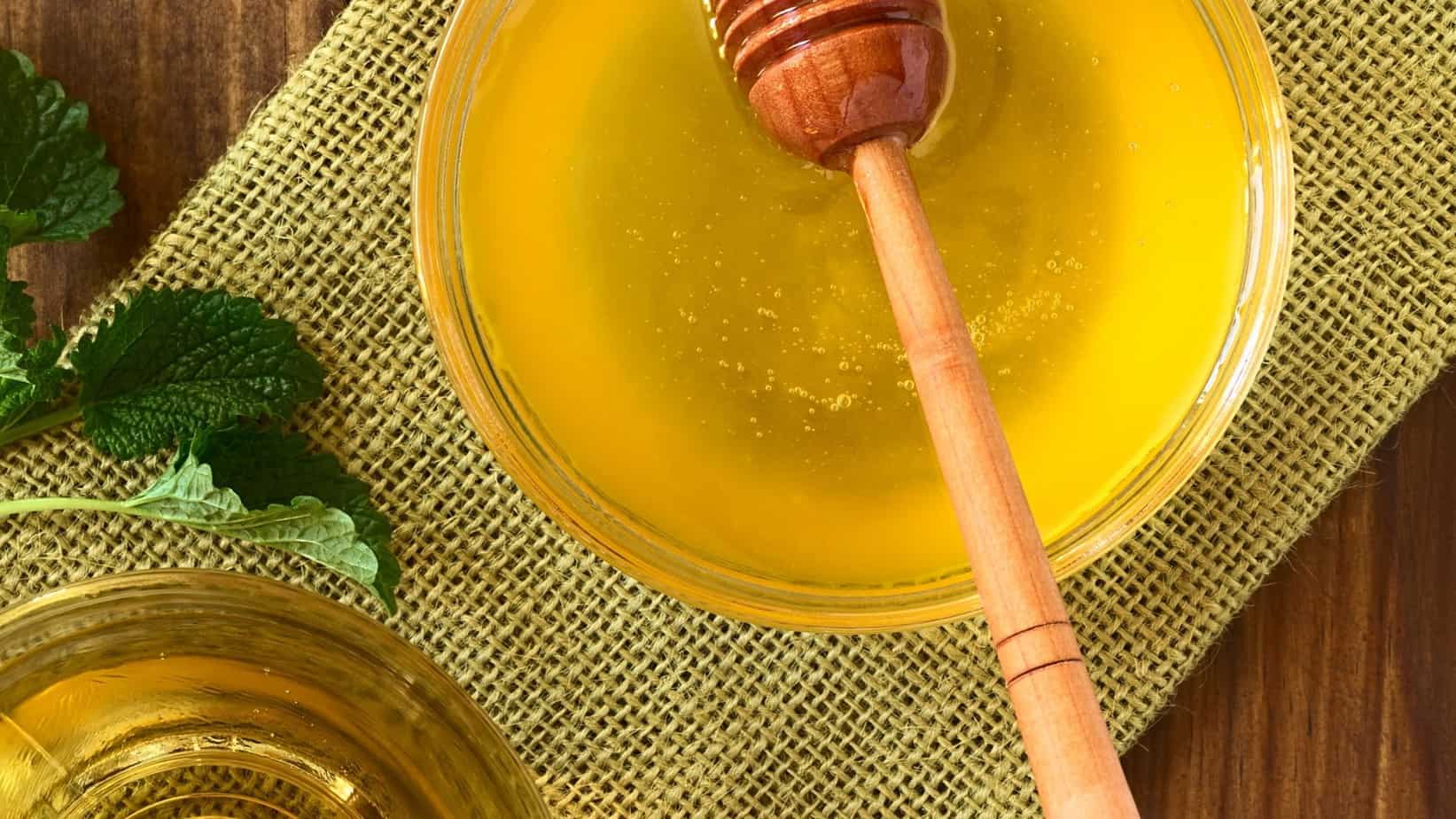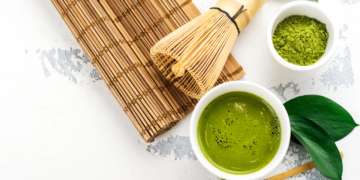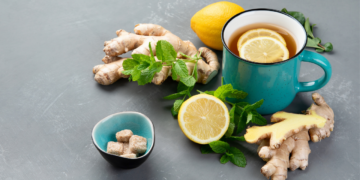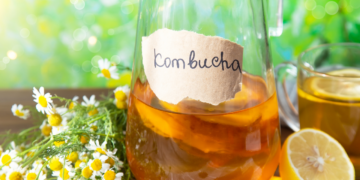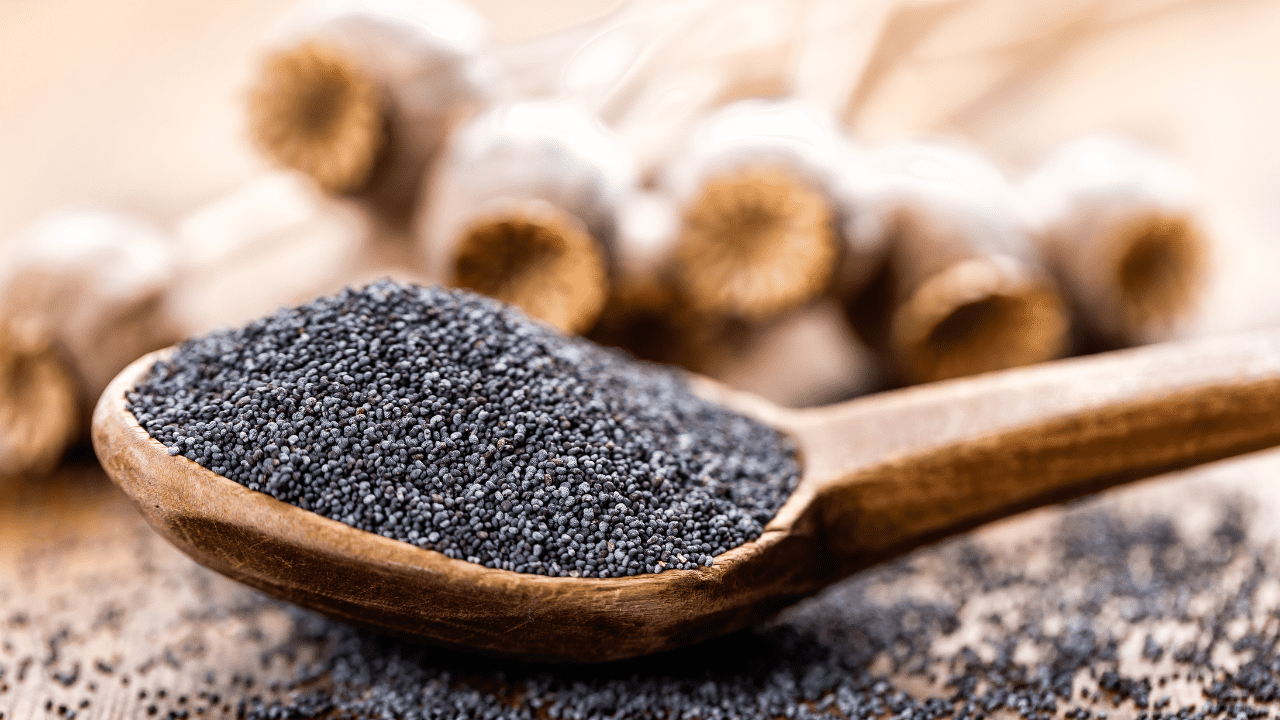Although simple, hot water and honey can make a delicious healthy tea with some excellent health benefits. Honey is a great natural sweetener and a healthy alternative to regular sugar. When compared to sugar, it is sweeter and contains fewer calories. But that’s not the only benefit of consuming honey.
Here are five more reasons you should skip adding any tea to your cup and drink honey tea or, if it is cold – honey water.
What Are The Benefits of Honey Tea
Honey Tea is a Great Source of Antioxidants
While honey is not very rich in vitamins and minerals, it is rich in antioxidants because of the variety of phenolic compounds. These compounds help neutralize the free radicals generated in our bodies through various chemical reactions. These free-radicals cause inflammation in our system, which leads to many serious illnesses, including cancer, neurodegenerative diseases, heart diseases, chronic joint issues, and even premature aging.
Did you Know: The antioxidant content of the honey depends on which flower nectar the bees use to produce that honey. Parsley and Rhododendron honey seem to have the highest antioxidant activity, while citrus and acacia honey have the least antioxidant activity.
It Lowers Bad Cholesterol From the System
Studies suggest that honey might help those with abnormal lipid profiles as well. In a 22 week study, the researchers noted that regular consumption of honey led to a decrease in LDL and total cholesterol with an increase in HDL cholesterol.
LDL cholesterol is commonly called the “bad cholesterol” because it is responsible for narrowing the blood vessels or atherosclerosis, which ultimately leads to various heart diseases, heart attacks, and even stroke. On the other hand, HDL cholesterol is known as the “good cholesterol” because it has the opposite effect, i.e., it prevents the formation of atherosclerosis.
The antioxidants present in honey can also play a role in dilating blood vessels, which prevents excess blood clot formation. This effect can ensure good blood flow throughout the body and prevent heart disease.
Additionally, as the glycemic index of honey is lower than sugar, there is less of a blood sugar spike after honey consumption. Foods with a lower glycemic index are associated with lower heart diseases and diabetes rates.
It Might Help Lower Blood Pressure
A 2014 study conducted on human subjects proved that honey has short-term anti-hypertensive action. In this study, the participants were given 20 ml of honey. Their blood pressure was recorded every 15 minutes for 1 hour. Results showed that within 15 minutes of honey consumption, there was a significant reduction in the systolic blood pressure (from 117 to 110). This reduction in blood sugar was maintained for at least an hour!
This effect suggests that honey might benefit those with high blood pressure.
Honey Tea is the Perfect Tea For Cough
Who doesn’t like to have a warm beverage when they have a sore throat or cough? But did you know that adding honey to your tea or just drinking it alone can be a simple homeopathic way to treat your cough too? Honey tea is an excellent source of antioxidants. These antioxidants help in reducing inflammation in the respiratory tract.
Honey is also proven to reduce cough in the case of respiratory tract infections, and as a result, it also improves sleep disturbances associated with cough.
Some studies even suggest that when it comes to cough, honey might be superior to certain drugs, like diphenhydramine, commonly known as Benadryl.
It is Good For Pregnant Women
Several food items and herbs may not be suitable for pregnant women, but honey is not one of them. Honey is safe for consumption in pregnancy and may even prove helpful.
One study has shown that honey reduces the oxidative stress associated with pregnancy. Oxidative stress is quite common in pregnancy, especially during the last trimester, and is associated with spontaneous abortion, low birth weight, and premature labor.
Additionally, research has found that honey can effectively mitigate the stress-hormone levels, leading to better pregnancy outcomes.
Remember, Honey Tea Is Not a Replacement To Any Medications
While honey can help you maintain good health, protect your heart, and may even help you manage your blood pressure, it is in no way a solution to everything. If you have hypertension and hyperlipidemia, you should continue your prescribed medications. Honey is not a replacement for medicines prescribed to you by doctors or physicians. As with most dietary changes, they need to be combined with exercise and regular follow-ups with your physician to be effective as possible.
Is Honey Safe For Diabetics?
For most diabetics who have their blood sugar levels under control, a few teaspoons of honey should not be harmful. Honey is considered healthier than refined sugar, but it is still a simple sugar. Simple sugar is easily broken down in our bodies and leads to a sudden rise in blood sugar. Consequently, like sugar, honey will also increase your blood sugar levels.
High blood pressure and heart diseases are common coexisting conditions with diabetes, and honey might help manage them to some extent. That said, people with diabetes should use honey with caution. Consult your physician and keep track of blood sugar levels when adding honey to your diet.
How To Prepare Honey Tea
To prepare honey tea, bring a cup of water to a boil, then remove it from the stove. Add your favorite tea bag or loose leaf tea to the boiling water, steep for 7-15 minutes depending on the type of tea and desired strength.
Once your tea is ready, add honey instead of sugar to sweeten your tea. There are no standard recommended doses for natural foods from the FDA, therefore trust your taste buds and decide for yourself and purchase honey from a reputable source.
Wrap Up
Honey tea is the most basic form of tea that can be prepared at home with minimal effort. It has some fantastic health benefits and is generally safe to consume. However, do apply caution in the following situations:
- If you have diabetes, consult your physician before adding honey to your diet. Yes, honey can be a healthier alternative than sugar, but it still is a simple sugar that can cause sudden spikes of high glucose levels in your body. Persistent high blood sugar levels will eventually lead to long-term complications associated with diabetes, like heart disease, diabetic retinopathy, diabetic nephropathy, etc. It’s best to avoid all kinds of simple sugar if you have uncontrolled diabetes mellitus. Even if your sugar levels are controlled, regular blood sugar monitoring is recommended.
- Avoid feeding honey to infants. In kids less than one year of age, honey can cause infant botulism if the honey is contaminated with the toxins of a bacteria called Clostridium botulinum.
- Monitor your tea consumption, as some teas do contain caffeine. The caffeine in tea can agitate your system and lead to restlessness, palpitations, anxiety, and insomnia. Limit your tea intake to 3-4 cups per day to avoid tea-related side effects. You can also try decaffeinated tea, as it contains less caffeine than regular tea.
- If you are using any herbal tea, take some time to research its side effects before using them, especially if you are pregnant or if you use any long-term medications. Some herbs at high doses tend to interact with certain drugs, while some may initiate contractions in pregnant women. Also, avoid it if you have any known allergy to any specific herbs.

